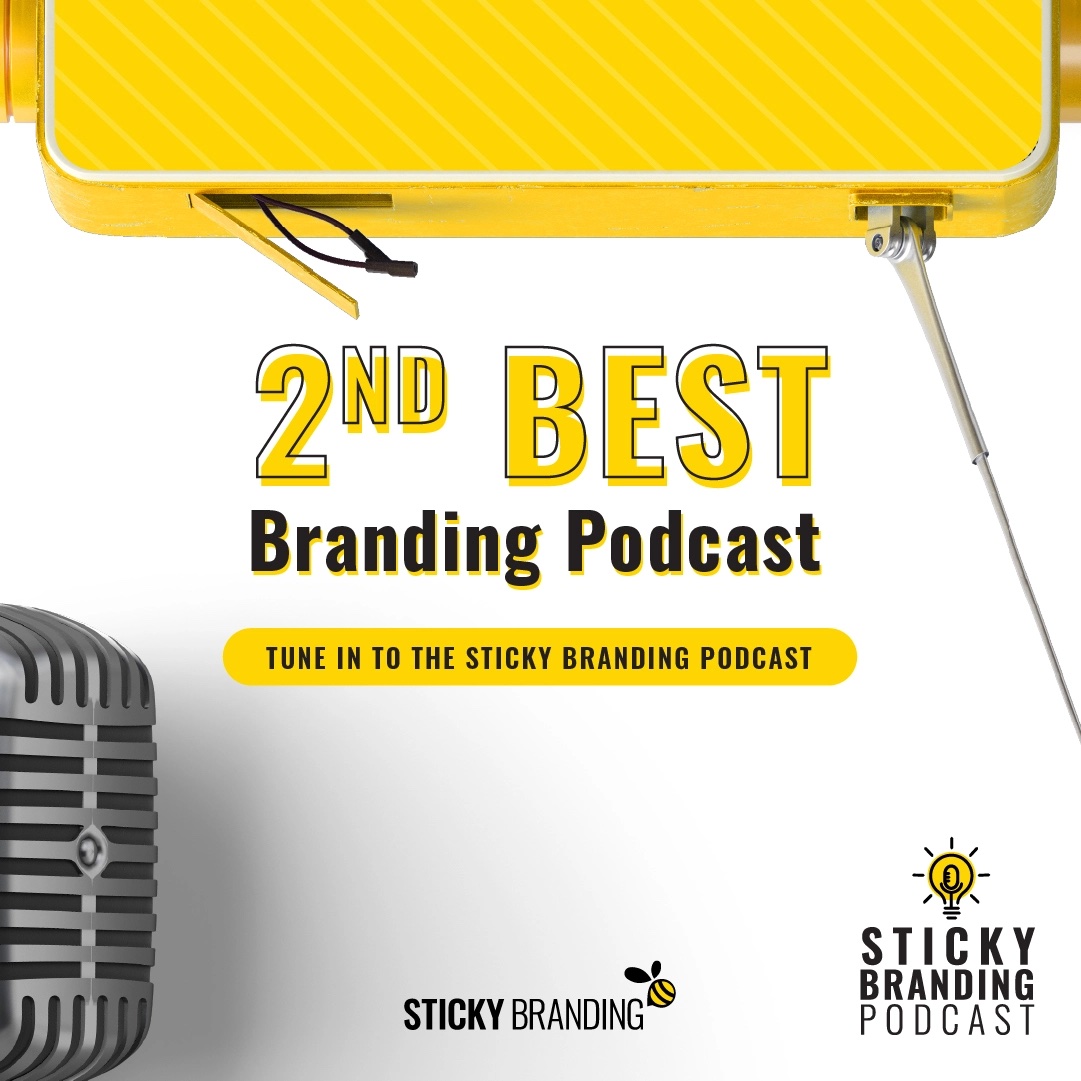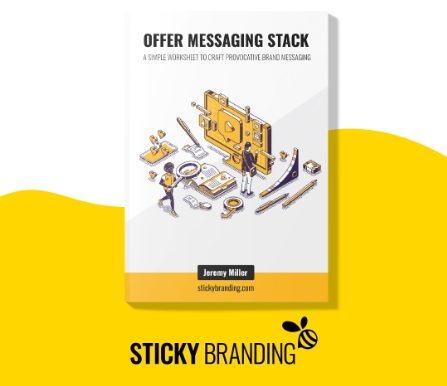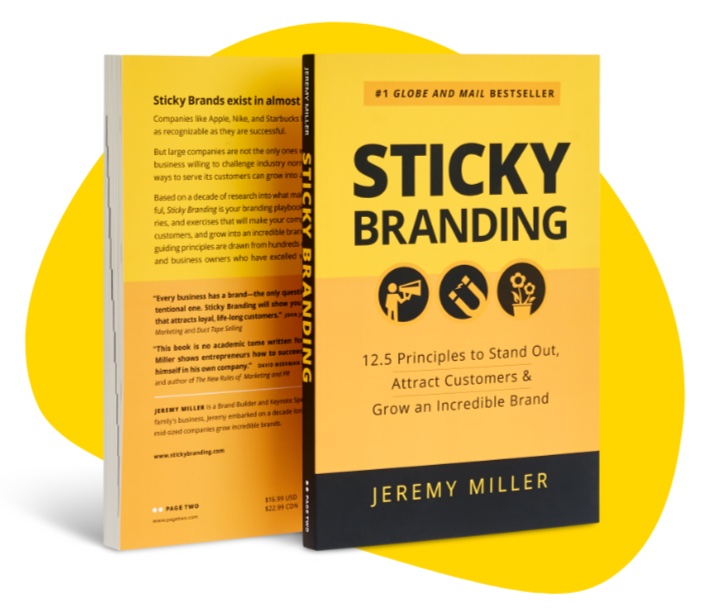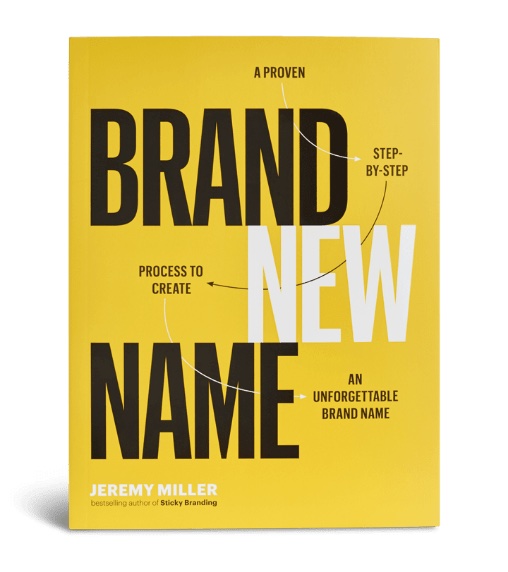Over the past couple of years Mitch Joel has been saying we’re in the midst of a renaissance, we just don’t know it. Well, how could we know? It’s hard to know we’re in a period of great upheaval and change when we’re in the midst of it. But I think Mitch is right.
Look around and you can see the sparks of change. In business, in technology and in lifestyle. We’re online, we’re connected, we’re sharing and interacting, and it feels really, really natural. We wouldn’t be embracing social media and smartphones and everything else if they didn’t add to our lives.
These forces are having a profound impact on us: from the way we live and work, to the way we contribute and give-back to society, to the way we think. Richard Florida, Clay Shirky and Nicholas Carr helped me see that in the books they released this year.
The Great Reset: How New Ways of Living and Working Drive Post-Crash Prosperity by Richard Florida
Are you living within your means? Better yet, are North American’s as a whole living within their means?
Richard Florida argues we are not, “A generation ago, all of life’s basic necessities – housing, transportation, health insurance, education, and taxes – accounted for 54% of the average family’s income; today, they account for 75 percent of it.”
Florida got me thinking: is consumerism the right way to live? He writes, “If the mass consumption of the last half of the twentieth century had a catchphrase, it was ‘keeping up with the Joneses,’ … Looking back, it doesn’t even seem real. Were you – like me – completely amazed at how so many people could afford bigger and bigger homes, New England beach houses and Florida condos, or expensive cars?”
We’re starting to see the tide change. Maybe we don’t need to fill our homes with bobbles. Maybe there’s another way to find joy beyond buying stuff.
Cognitive Surplus: Creativity and Generosity in a Connected Age by Clay Shirky
Clay Shirky brings forward some shocking stats on North American’s TV watching habits. He writes, “Someone born in 1960 has watched something like 50,000 hours of television already. Fifty thousand hours – more than five and a half solid years.”
The average American is watching close to 40 hours of television per week. It’s almost a fulltime job! Work for 8 hours, sleep for 8 hours and watch TV for 8 hours per day. Why do we give so much of our time to the “idiot box”?
Shirky argues Americans have been self-medicating for the past 50 years to deal with their boredom. The growth of TV is directly connected to the rise of suburbanization. We moved out of dense communities to buy our own homes. The problem with this change was we lost connection with the people around us. Our lives got compartmentalized between work and home. TV became a crutch and a friend. It filled the empty space, and provided companionship to fill up all our excess free time.
Imagine if American’s redirected just 1% of their TV time to social causes, such as editing articles on Wikipedia or organizing fundraising activities in Facebook. Shirky writes, “Americans watch about 200 billion hours of TV every year … That represents about 2,000 Wikipedia projects worth of free time annually.” We have more than enough time to give back and be productive.
The Shallows: What the Internet is Doing to Our Brains by Nicholas Carr
Is the Internet making us stupid? That’s the question Nicholas Carr leads with in The Shallows.
Our use of technology is very Pavlovian. Carr describes how the Web provides a high speed system delivering responses and rewards, “When we click a link, we get something to look at and evaluate. When we Google a keyword, we receive, in the blink of an eye, a list of interesting information to appraise. When we send a text or instant message or an e-mail, we often get a reply in a matter of seconds or minutes. When we use Facebook, we attract new friends or form closer bonds with old ones. When we send a tweet through Twitter, we gain new followers. When we write a blog post, we get comments from readers or links from other bloggers. The Net’s interactivity gives us powerful new tools for finding information, expressing ourselves, and conversing with others. It also turns us into lab rats constantly pressing levers to get tiny pellets of social or intellectual nourishment.”
And there’s the rub. We can use the Web and all of our new technologies to do great things, like Shirky argues, or we can let it distract us and make us stupid. It’s a choice.
How will you use this renaissance?
The path to prosperity and enlightenment will be based on a million little choices. Choices like how and where you will invest your resources, especially your time.
If you haven’t read these 3 books, I highly recommend them. Use them as a tool to kick start the New Year.





